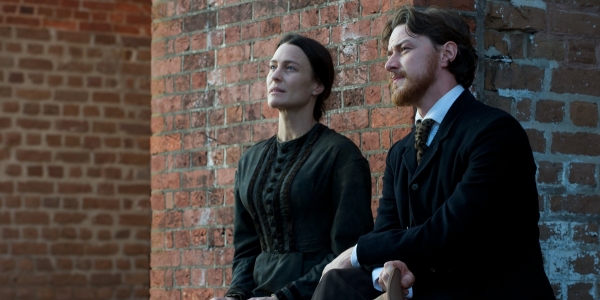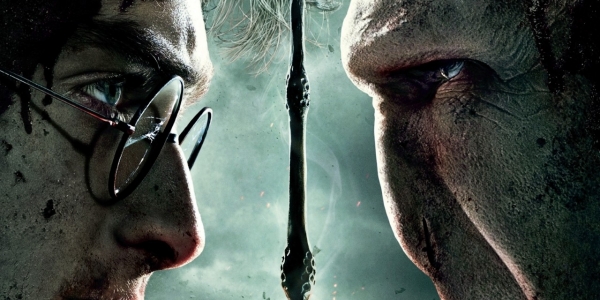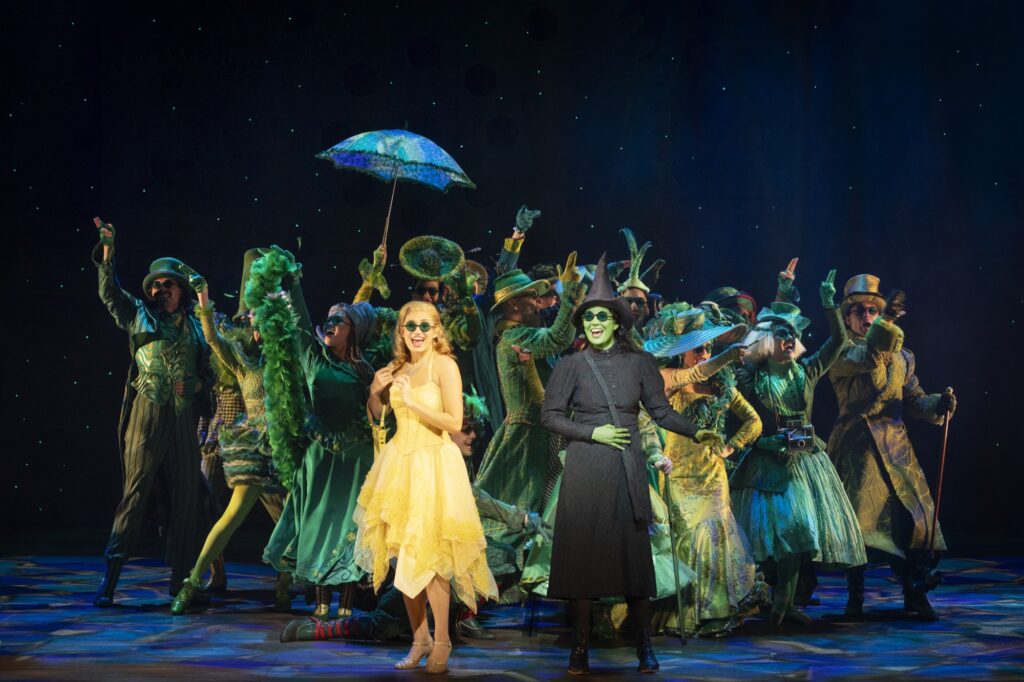The government assumed that because she ran a boarding house in Washington where John Wilkes Booth and his fellow conspirators plotted the assassination of President Lincoln she must have known what was going on. Indeed, she must have been part of the plot. War Secretary Ed Stanton (Kevin Kline) wanted to punish the conspirators as quickly as possible to give the grieving and angry nation some closure and to heal the open wounds left by the divisive war. He established a military tribunal, which was more interested in finding a scapegoat than administering justice.
Appointed to defend Mary is war hero and inexperienced young lawyer Frederick Aiken (James McAvoy). At first reluctant to become involved, Aiken soon becomes convinced of her innocence and tries to prove it during a trial that is being pressured by Washington power brokers. Aitken manages to demolish several key prosecution witnesses and expose holes in their case, but the outcome has been pre-ordained. The end titles point out a remarkable irony as a result of this trial.
For taking on this unpopular case and giving Mary a spirited defence, Aiken also finds himself ostracised from society. To prove her innocence though he must serve up her son John, who has fled to Canada. But Mary refuses to sacrifice him to save her own life.
The Conspirator is the first feature film produced under the auspices of the American Film Company, which was established by Joe Ricketts, the owner of the Chicago Cubs, to produce films that are both historically accurate and entertaining. The film in set in 1865, in the aftermath of the Civil War, when tensions still ran high and the nation was still divided. Writer James Solomon (tv miniseries The Bronx Is Burning, etc) has thoroughly researched the story, and much of what transpires here is historically accurate. This is essentially a courtroom drama played out in historical garb, and there are plenty of courtroom pyrotechnics during the farce of a trial.
The Conspirator is not the first film to tackle this subject matter – previous films include John Ford’s 1936 film The Prisoner Of Shark Island, tv movie The Day Lincoln Was Shot and The Lincoln Conspiracy, etc – but it is handled with intelligence.
Redford has assembled a superb cast to breathe life into these historical characters. Wright brings a stoic quality, quiet strength and fatalistic resignation to her performance as Mary. Tom Wilkinson is strong as Reverdy Johnson, the outspoken but manipulative Southern senator who appoints Aiken to the defence. Kline is also good as the powerful Stanton, who wants vengeance rather than justice. Colm Meaney is also good as General David Hunter, the strong-minded head of the tribunal, and Danny Huston brings strength and conviction to his role as Joseph Holt, the prosecutor. Evan Rachel Wood also has some strong emotional moments as Mary’s daughter Anna, who is unable to convince her mother to save herself. However, Justin Long, taking a break from his usual affable lightweight romantic comedies, is badly miscast and wasted as Aiken’s best friend.
As a director, Redford takes a fairly straightforward and old-fashioned approach to the material. Nonetheless he is still a bit of an activist at heart, and he suffuses the material with a palpable sense of outrage at this blatant miscarriage of justice. But he also gently suffuses the material with contemporary intimations, as the subtext clearly draw parallels with modern America post 9/11, a country which is still at war and where the rules of law established under the Constitution are under threat.







